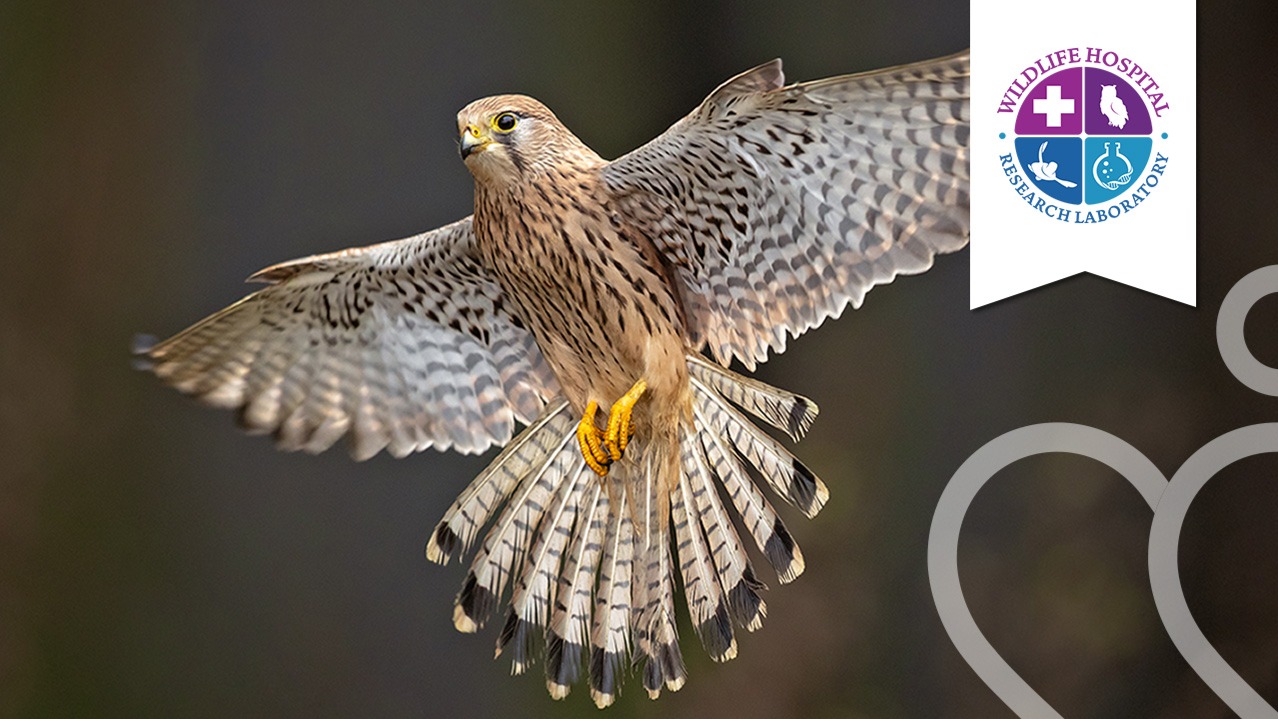
The anaesthesia device to be procured for our animal hospital will allow the birds to have surgery w
The anaesthesia device to be procured for our animal hospital will allow the birds to have surgery w
You can support this cause in following ways:
Make a financial donation